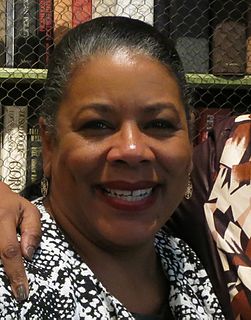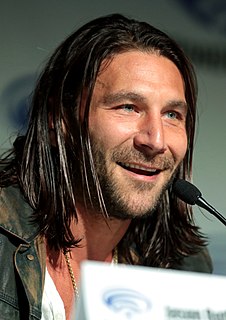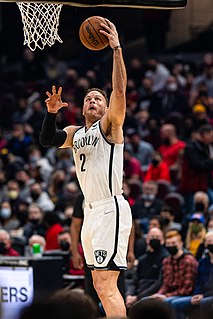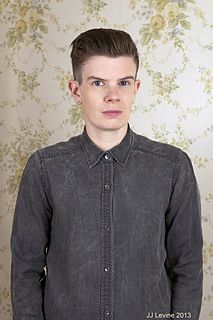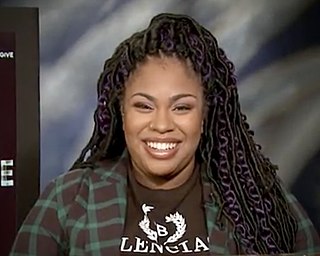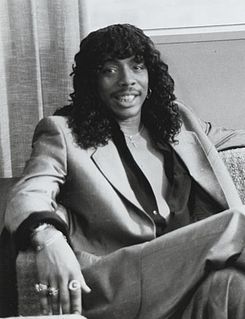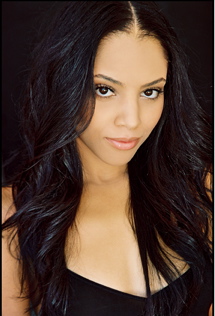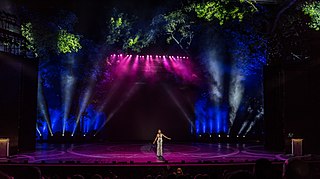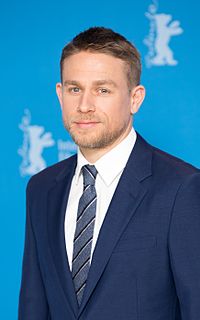A Quote by Nicki Minaj
As a little girl growing up in Southside Jamaica Queens, if anyone would've told me I'd have my own perfume one day, and be able to inspire young black girls everywhere, to go into Macy's or Nordstrom's and see their face staring back at them - I wouldn't believe them.
Related Quotes
Throughout my career, I have benefitted from the experience and counsel of a wide range of people who took a very personal interest in me. As a result, I am always happy to share lessons learned from my journey with others. I am particularly passionate about mentoring young black girls. While we are a very diverse group, there is a special bond that connects us to each other. When I work with them, I see them in me and I believe they see me in them. By coming together, we are able to show the world the power and the promise of black girls.
A lot of the young people make beautiful films or big films or are able to finance them, but they can't get anyone to distribute them, they can't get anyone to see them, so they go to these thousands of film festivals. So I still believe that even though a young kid might be able to make a masterpiece or something that changes the direction of cinema, the issue of how to get it to people is still not solved.
I don't think it's ever hard to punch someone in the face who's just punched you in the face. I would say that anyone who thinks they can walk up to someone and punch them in the face without getting punched back is an idiot. At the end of the day, if someone came up here and punched you, trust me, you would fight back. That is just basic survival.
I still use the pronoun she for my publicity materials, and for mainstream media stuff, for two reasons: the first is that I do a lot of work in public schools, and I want those young women and girls to see every kind of she there can be. I want them to see my biceps and my shorn hair and shirt and tie and for some of them to see me as a possibilityI want them to see me living outside of the boxes, because they might be asphyxiating in their own box and need to see there is air out here for them to breathe, that all they have to do is lift the lid a little.
I had $20 million in the bank, girls are following me all over the f - place, people call my name everywhere I go. What would I change? And then one day you get onstage and you see two little girls who look like they are 11 years old sticking their tongues out and pulling their bras down and you quit touring. That's what happened to me.
The truth is, for me, when I was a young black girl who knew I was different, was watching TV, I would always be staring at the TV set looking for myself, and I didn't see me. And when you don't see yourself, you start to think that you don't matter, or you start to think that something is wrong with you.
I was in line at a store and there was a little girl, she was standing in line next to me and some other girls had come up to me and recognized me from 'Pretty Little Liars.' When they walked away, this girl was staring at me, and her eyes got so big, and she started crying. It was, like, the cutest thing.
Our critics would love nothing more for us to go away and just be quiet. And we won't give them that satisfaction. We have young children that, one day, when they understand more of what's happened and what's transpired, we wanna be able to say to them, you know, we did our best. And we told the truth.


